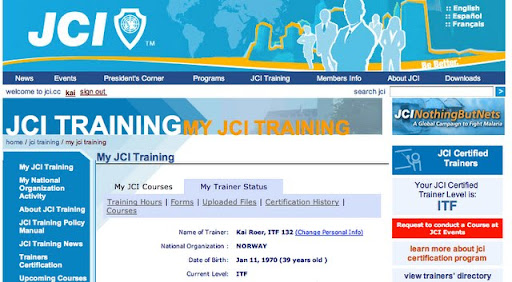What helps leaders and managers to grow and develop – MENTORING DO!
Growing leadership expertise in a short period of time within an organization is a continual challenge. The speed of projects and the speed for innovation have increased so that we are shoving people into positions of management and leadership in an ever-increasing pace. How are they going to learn? But more important, how are they going to be able to quickly apply what they have learned within their organizational culture and business environment? In the past, an individual would learn skills and knowledge through training, education and experience, and the organization could afford to wait around for him/her to come up to speed. But today, organizations need to have their people learn – and be able to apply that learning – more quickly.
Studies have proven that there are limits as to how fast you can drive education and training and have it be effective. Also, due to economic constraints within organizations, many times the problem is not how fast to drive the education and training, but how to even find available dollars and resources to get it to individuals that are destined to lead the organization now and in the future. What can organizations do to help solve this dilemma and assist in the transition between “education” and “experience”? Mentoring can assist.
By definition a Mentor is an individual with the experience, knowledge, and/or skills in a specific content area who is able, willing, and available to share this information with another individual. There is nothing in this definition that denotes that the Mentor must be older, of a higher job grade level, or have been with the organization for a longer period of time. The most important aspect is that the Mentor has “experience”, “knowledge” and “skills” that he/she wants to share with someone who needs them. In many cases, it may not even be the “knowledge” or the “skills”, but the “experience” – the application of that knowledge – that is important.
We have learned that under the direction of the Mentor, the learner is given immediate access to valuable insights and past experiences. Within mentoring relationships, individuals are learning by doing. Individuals are able to practice what they are learning. Another advantage of mentoring to an organization is that it showcases those individuals that have the necessary skills/competencies to coach and develop others. Many times these are the same types of skills/competencies that an organization wants displayed in its leadership. Even individuals that do not wish to take on a “managerial” or “supervisory” role within the organization can satisfy a need to “lead” through a mentoring relationship as well as allowing the organization to tap into a greater pool of talent/skill.
Many times individuals do not get any experience in specific coaching roles until after they have been given the title of “manager” or “supervisor”. This means they are in a reactive mode of learning these skills/competencies. If individuals have the opportunity to learn and practice these skills/competencies as a Mentor before they obtain the title of “manager” or “supervisor”, it is proactive and much better for them as well as the organization.
What helps leaders and managers to grow and develop – MENTORING DO! Read More »




